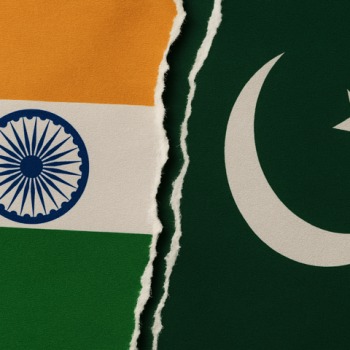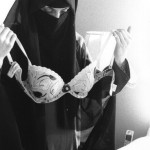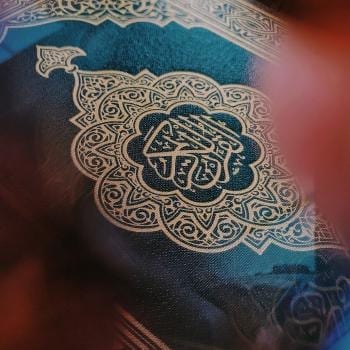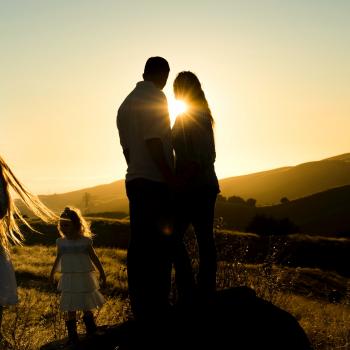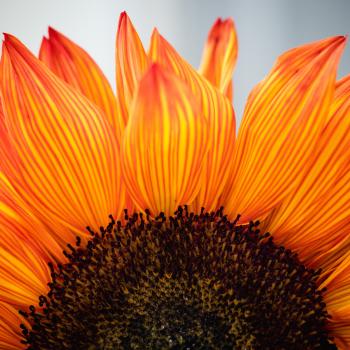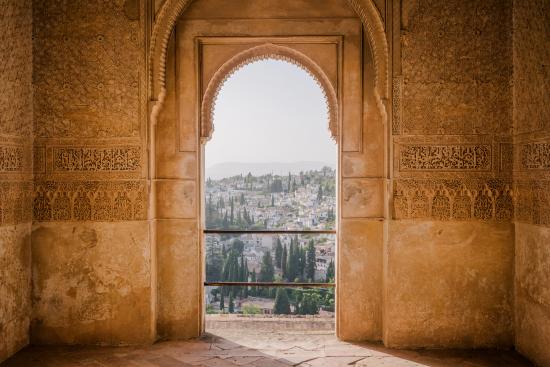
Almost five years ago, I had a transition in my life where I went from being what some might call, “less religious” to “more religious.” During that time, I fell in love with Islam in a way that I never had before. A big reason for that was because I was finally learning to differentiate between my parents’ culture (“back home”) and Islam, and I realized that Islam is infinitely better.
I think many people who go through a journey similar to mine, especially in America and the West, feel it’s a blessing that we’re out of a dominating Eastern culture, where there’s often confusion between what’s Islamic and what’s cultural. Because of this, I was under the impression that we have a more “pure” version of Islam here, which is largely uncontaminated by cultural influences — or at least, where we are able to tell when culture might be trying to seep into a part of Islam which should be left alone.
Islam is for all people and all places— it’s not rigid, inflexible, or unchanging. But the principles should never be compromised, no matter where a person is from; this is where things can get a little murky.
But I think what I failed to realize is that how I view Islam here in America is tainted by my own cultural understanding as well. And to an extent, that’s okay and unavoidable no matter where a person comes from. Because Islam is for all people and all places — it’s not rigid, inflexible, or unchanging. But the principles should never be compromised, no matter where a person is from; this is where things can get a little murky.
The problem is, Islam is beautiful and perfect, but society’s sense of morality will never be consistent. For example: 100 years ago, today’s popular women’s fashion would have been considered scandalous. 50 years ago, it would have been considered sexy. Today, it’s normal. 50 years from now, it will be old-fashioned. 100 years from now, it will be considered conservative.
Society’s norms and morals are ever-changing. Islam, on the other hand, gives us a consistent moral compass to follow. But that only happens if we allow it to. It’s not easy to stand apart from the crowd, but sometimes it’s what our religion asks from us for our own good.
Umar ibn al-Khattab (RA) said, “Take account of yourselves before you are taken to account. Weigh your deeds before they are weighed.” As Muslims, we can say “This is my Islam, don’t judge me for my Islam” as much as we want, but at the end of the day (or, the end of this life) Allah (swt) Himself will be the only one judging us. He knows our circumstances more than we even do.
Society’s norms and morals are ever-changing. Islam, on the other hand, gives us a consistent moral compass to follow. But that only happens if we allow it to.
He knows whether we were able to wear the hijab, even if we said we weren’t ready, or that we think it’s a symbol of patriarchal oppression, or that we think it’s not mentioned in the Qur’an (even though we don’t understand Qur’anic Arabic or are choosing to ignore the evidence provided to us). He knows whether we really needed that tattoo or not. He knows whether we were able to pray 5 prayers a day or not, regardless of what our reasoning was for skipping them. He sees us when we’re sinning in public or private, even if we tell ourselves that it’s okay and that Islam allows it.
He knows what our intentions are every time we say to someone, “Don’t judge me,” because they are giving us advice that we don’t want to follow. He knows when someone ignores their conscience to follow their desires, while claiming that Islam allows this.
We often say, “Only Allah has the right to judge,” but don’t realize the truth in this, and what it really means. It’s a weighty statement.
He knows when someone ignores their conscience to follow their desires, while claiming that Islam allows this.
We can say that Islam means “submission to God,” but the evidence of whether or not we believe this is in our actions. Every year, we celebrate Eid-ul-Adha. This is one of only two religious holidays that we have. And what are we commemorating? The unquestioning sacrifice of Ibraheem (as). When God asked him to sacrifice his son, he didn’t even ask, “Why?”
We’re being asked for a lot less than sacrificing our children with our own hands. Whether or not we choose to submit is a different story.
The reason I don’t believe in saying “my Islam” is because to me, that’s the beginning of a slippery slope. The minute I start believing that Islam is here to serve me and change for me, rather than me following Islam in order to serve Allah, that’s when I’m losing sight of what’s important.
Faith (iman) is a personal thing, but Islam itself is a path that we are all traveling on together. Nobody is perfect, and their struggles are nobody’s business but their own. But publicizing the shortcomings in our faith and labeling it as a different, personal brand of Islam is an injustice to our perfect religion.
Everyone has different circumstances, and it’s true that there’s often room for flexibility within our religion, but we need to keep in mind that Islam is one Straight Path. Leaving that path to make our lives easier is only going to get us so far. I think this often happens when we lose sight of the fact that this life is only a test and is extremely temporary compared to the Afterlife. Everything we do should be a deposit for the next life, not just a way to find ease or enjoyment in this one.
The minute I start believing that Islam is here to serve me and change for me, rather than me following Islam in order to serve Allah, that’s when I’m losing sight of what’s important.
“The Afterlife is much greater and longer lasting.” (Qur’an 64:15)
“And Shaytan will say when the matter has been concluded, ‘Indeed, Allah had promised you the promise of truth. And I promised you, but I betrayed you. But I had no authority over you except that I invited you, and you responded to me. So don’t blame me, but blame yourselves. I cannot be called to your aid, nor can you be called to my aid. Indeed, I deny your association of me [with Allah ] before. Indeed, for the wrongdoers is a painful punishment.'” (Qur’an 14:22)
Follow Mostly Muslim on Facebook HERE.
Want your voice to be heard? Send your submission to [email protected]! Visit the “Contribute to MM” page for more details.





